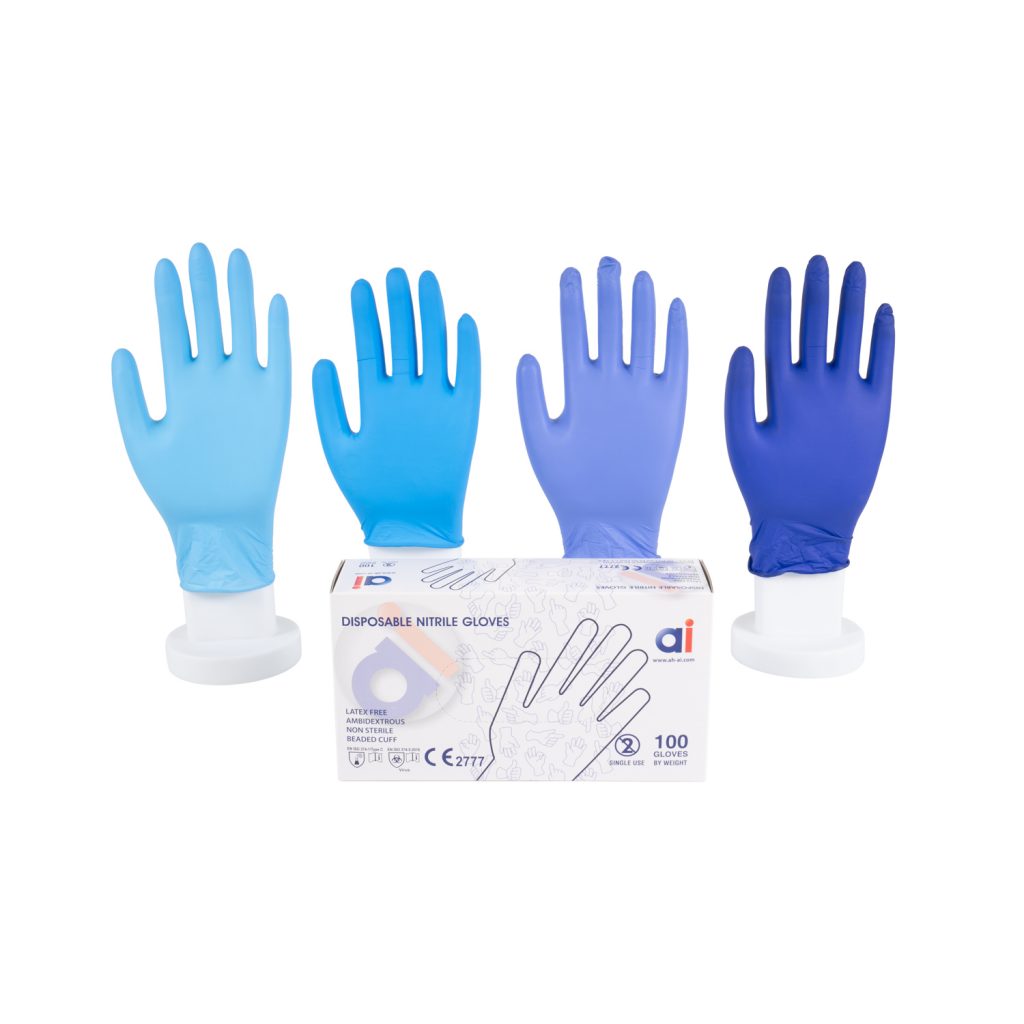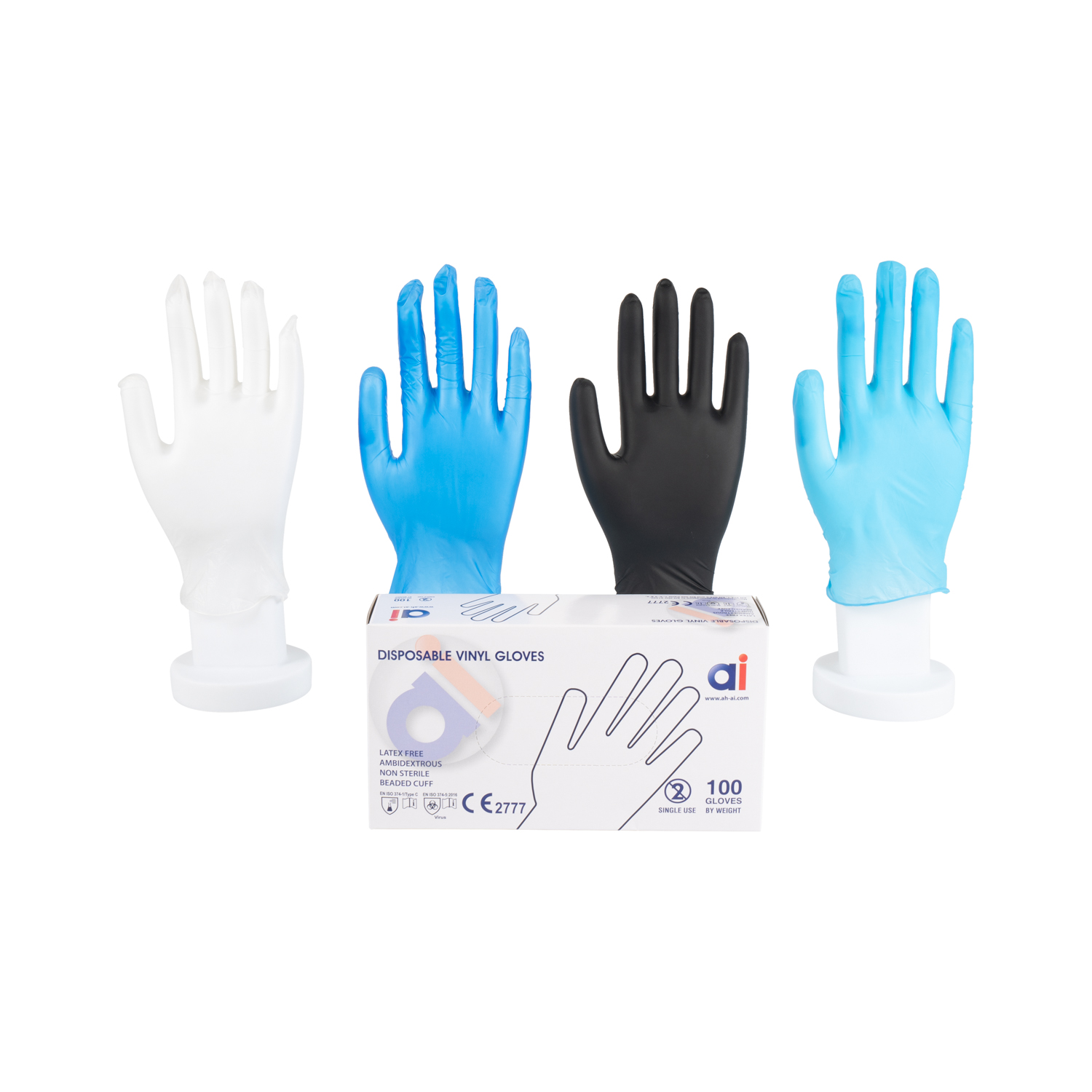
Nitrile gloves are a common hand protective equipment widely used in medical, laboratory, industrial and food handling fields. However, like any product, nitrile gloves have their advantages and disadvantages, which I will describe to help you make an informed decision when choosing hand protection.
Advantage:
Excellent chemical resistance: Nitrile gloves have excellent chemical resistance and can withstand a wide range of chemicals, including acids, bases, solvents and greases. This makes them ideal for handling chemicals.
Highly waterproof: Nitrile gloves have excellent waterproof properties and can work in wet environments to keep hands dry.
Suitable for a variety of applications: Nitrile gloves are suitable for use in multiple industries, including medical, laboratory, food processing, industrial manufacturing, and more. They are versatile enough to meet a variety of needs.
Strength and Abrasion Resistance: These gloves are generally very strong and abrasion resistant, suitable for a variety of work tasks and can be used for a long time.
Hypoallergenic: Nitrile gloves are generally free of natural rubber dairy products, making them a safe choice for people with rubber allergies.
Shortcoming:
Higher Price: Compared to disposable latex gloves, nitrile gloves tend to be more expensive, which may add some cost.
Not for everyone: Nitrile gloves are relatively stiff, not as soft as latex gloves, may not fit everyone’s hands, and may reduce comfort for some users.
Some people may be allergic to nitrile: While nitrile gloves are safe for most people, a very small number of people may be allergic to nitrile, so sensitivity testing should be done carefully before first use.
Limited biodegradability: Nitrile gloves generally do not break down easily, so there are some environmental challenges.




